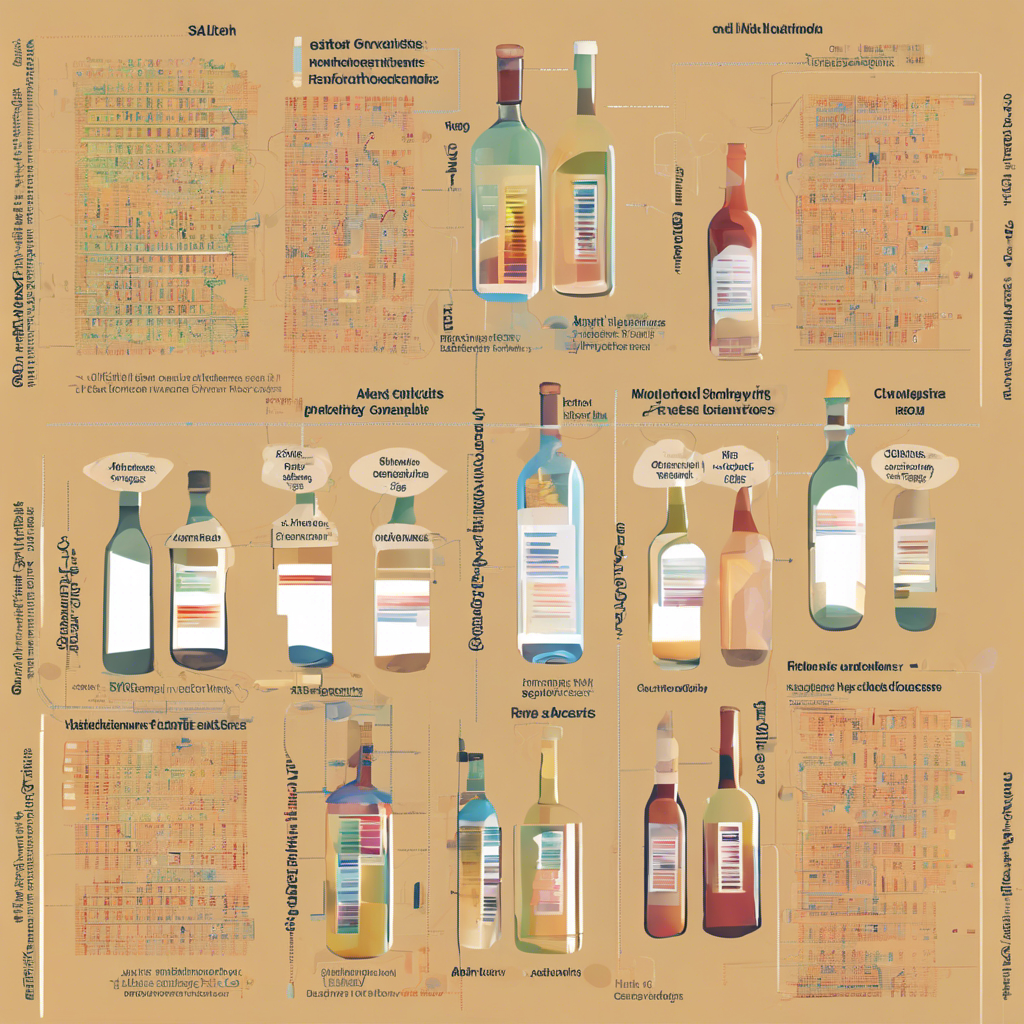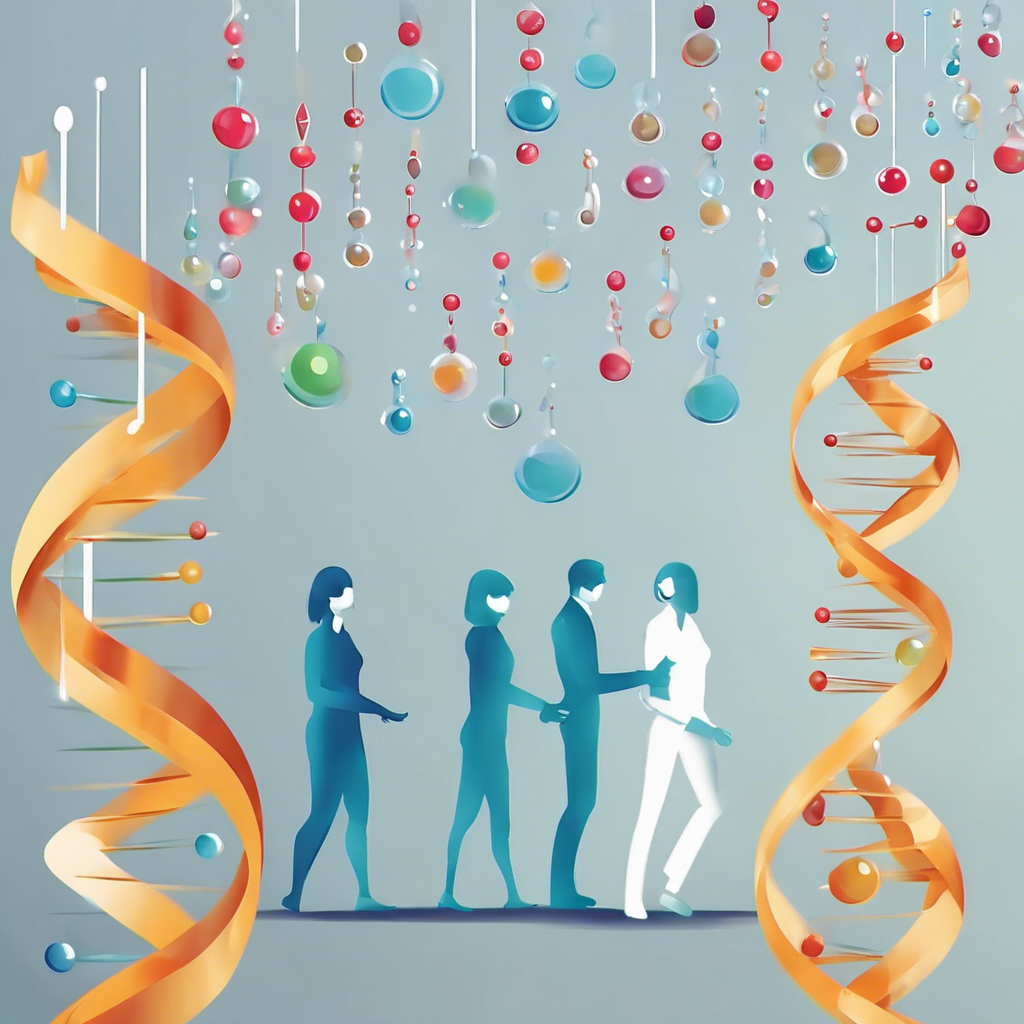Largest Study to Date Reveals Common Genetic Basis for Problematic Alcohol Use
A groundbreaking study led by researchers from the VA Connecticut Healthcare Center and Yale School of Medicine has uncovered a shared genetic architecture for problematic alcohol use (PAU) across different ancestral populations. Published in Nature Medicine, the study sheds light on the genetic basis of PAU, a significant health issue that leads to harmful consequences and is a leading cause of death among those affected. The findings hold promise for understanding PAU biology and developing targeted treatments.
Uncovering New Risk Genes and Biology
The study, which included over 1 million individuals with PAU from various ancestral backgrounds, represents the largest investigation of its kind. Researchers aimed to identify new risk genes and gain insights into the underlying biology of PAU. By analyzing data from the Million Veteran Program and other sources, the study revealed a substantial shared genetic architecture for PAU across different populations. While genetic differences exist, the similarities are more pronounced, allowing for improved gene discovery.
Enhancing Understanding of PAU Biology
To deepen their understanding of PAU biology, the researchers employed multiple methods. They conducted transcriptional-wide association studies in 13 brain tissues and performed chromatin interaction analyses in the brain. These approaches helped prioritize genes that showed convergent evidence linking them to PAU and brain biology. The identified genes provide valuable resources and targets for future functional analyses and drug development.
Potential Drug Treatments for PAU
One significant outcome of the study is the identification of potential drug treatments for PAU through drug-repurposing analyses. By examining existing medications, the researchers identified several drugs that could be repurposed to treat PAU. These findings offer new avenues for drug development and may lead to more effective treatments for individuals struggling with PAU.
Polygenic Risk Scores and Genetic Correlations
The study also generated genome-wide association data that can be used to calculate polygenic risk scores (PRS) for estimating an individual’s genetic risk for PAU. While the PRS is not yet ready for clinical use, the researchers tested its association with hundreds of medical traits in multiple biobanks. This analysis revealed genetic correlations between PAU and various mental and neurological disorders, providing insights into the shared genetic mechanisms underlying these conditions.
Conclusion:
The groundbreaking multi-ancestry study on the genetics of problematic alcohol use has uncovered a shared genetic architecture for PAU across different ancestral populations. The findings offer a deeper understanding of PAU biology and provide potential targets for future drug development. The study’s data and insights will be shared with the research community, facilitating further investigations into the genetic basis of PAU and its correlation with other mental and neurological disorders. As scientists continue to unravel the complex genetic factors contributing to PAU, there is hope for the development of more effective treatments and interventions to mitigate the consequences of excessive alcohol use.











